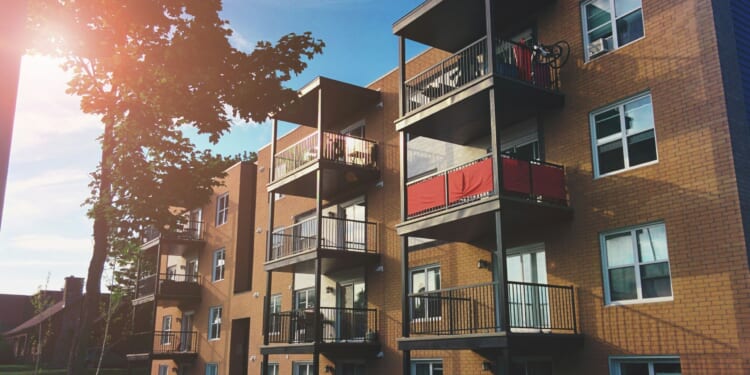Rent control is not on the ballot in Minneapolis, but the upcoming Tuesday election will decide its future. Incumbent Mayor Jacob Frey is strongly opposed to rent control. But his opponent, Senator Omar Fateh, and some city council candidates would like Minneapolis to adopt a rent control ordinance.
Minneapolis is at a crossroads that has been long-time coming. In 2021, voters passed a ballot measure giving the city council power to enact rent control. Another proposal, which would have allowed rent control policies to be decided directly by voters, was vetoed by the Mayor.
Fortunately, for Minneapolis, we do not have to guess what enacting rent control would mean for the city. Across the river, St. Paul has learnt the hard way that rent control is a disastrous policy. Minneapolis voters would be wise to take note.
The St. Paul experience
In 2021, St. Paul enacted one of the strictest rent control ordinances in the country. In addition to capping rent hikes at 3 percent, the city banned vacancy decontrol — a practice whereby landlords can raise rents to market rates after a tenant vacates — and had no exemptions for new housing.
Right after the ordinance was passed, development came to a grinding halt. In fact, while monthly average multi-family housing permits fell in St. Paul between July 2021 and July 2022, they rose in Minneapolis. Certainly, for most of 2023 and 2024, both cities saw a decline in permitting activity, but that trend has gone on longer in St. Paul than in Minneapolis.
St. Paul has since watered down its rent control ordinance numerous times to spur housing development. In 2022, the city council voted to exempt new housing from rent control on a 20-year rolling basis, instituted vacancy decontrol, and allowed landlords to raise rents by up to 8 percent with city approval. In May this year, the council voted to permanently exempt new housing from rent control.
The disastrous impacts of rent control are not exclusive to St. Paul. Around the globe, cities that have enacted rent control have seen their housing stock plummet or fail to grow. Maintenance is often neglected, leading to low-quality housing units. Not to mention, rent control has also chipped away at property values, eroding property-tax bases.
Increasing housing supply, not rent control, is the solution to the affordable housing crisis.










